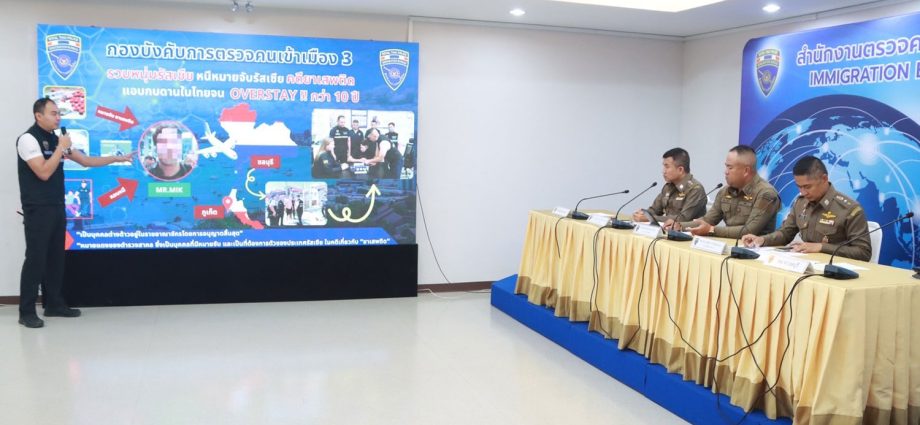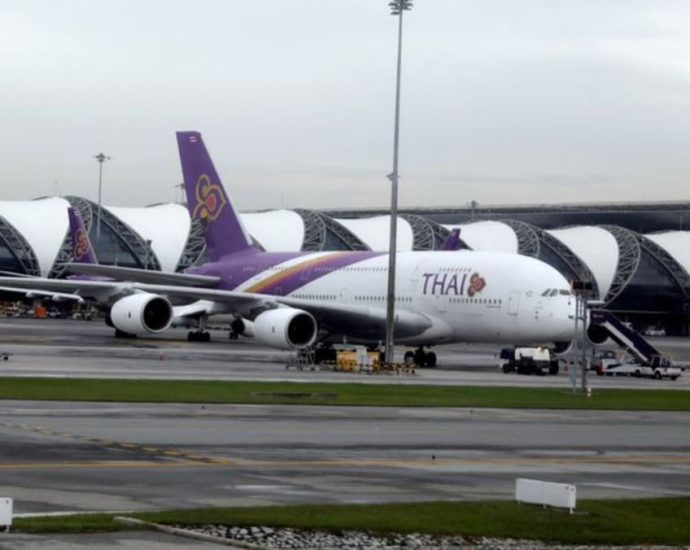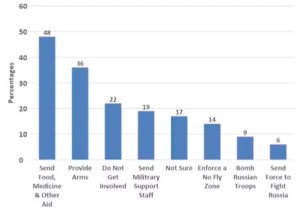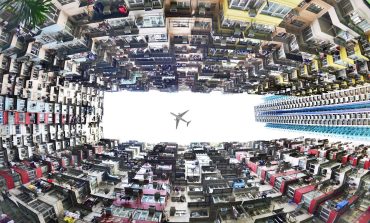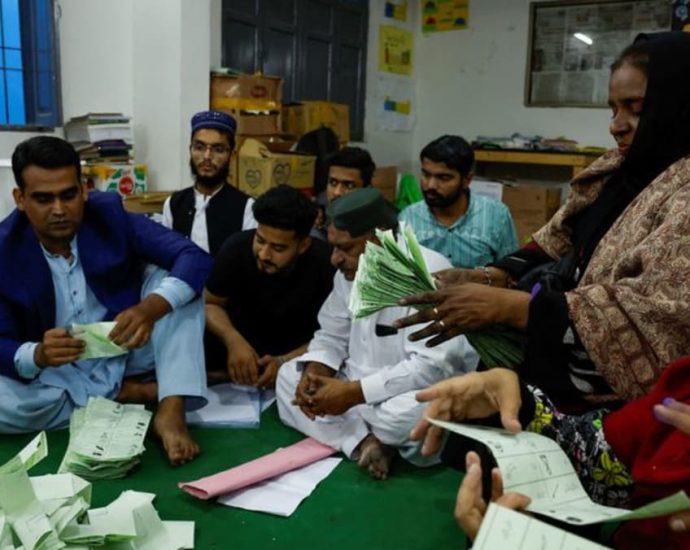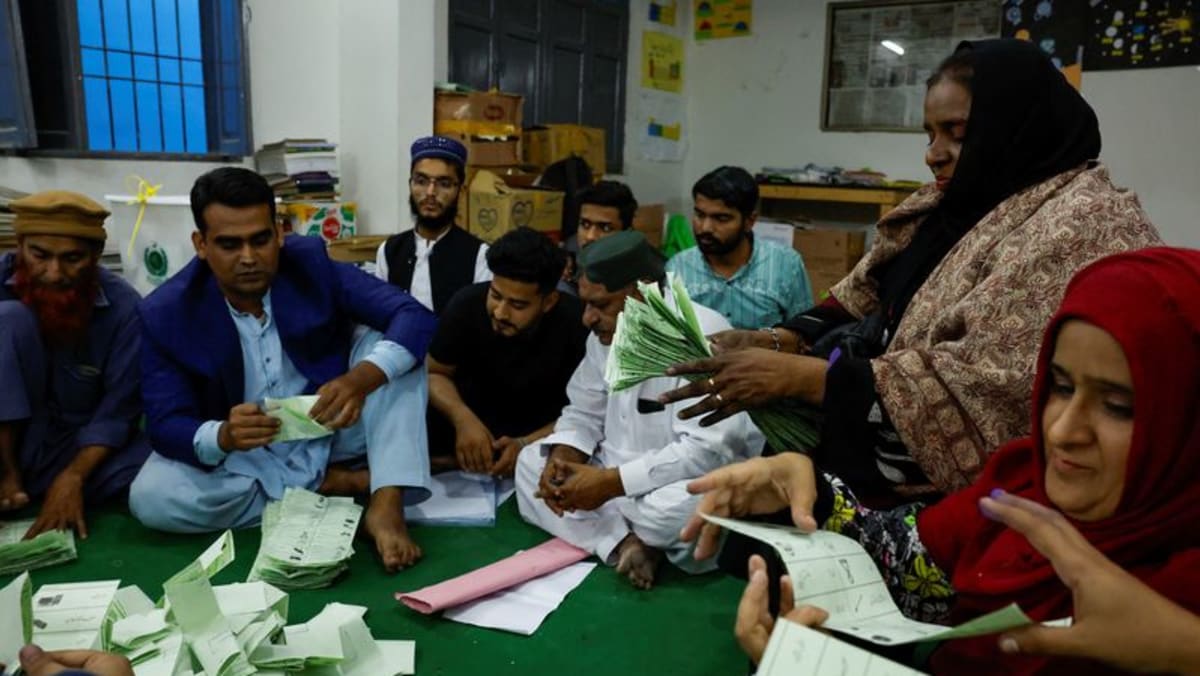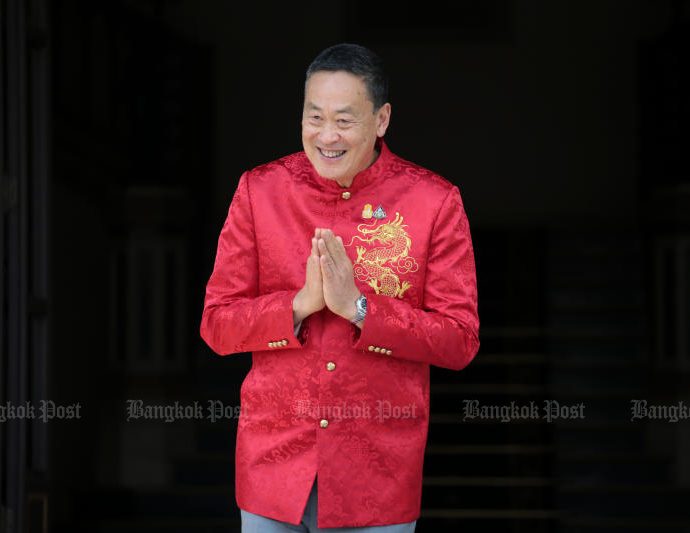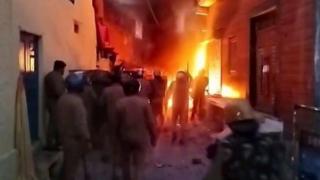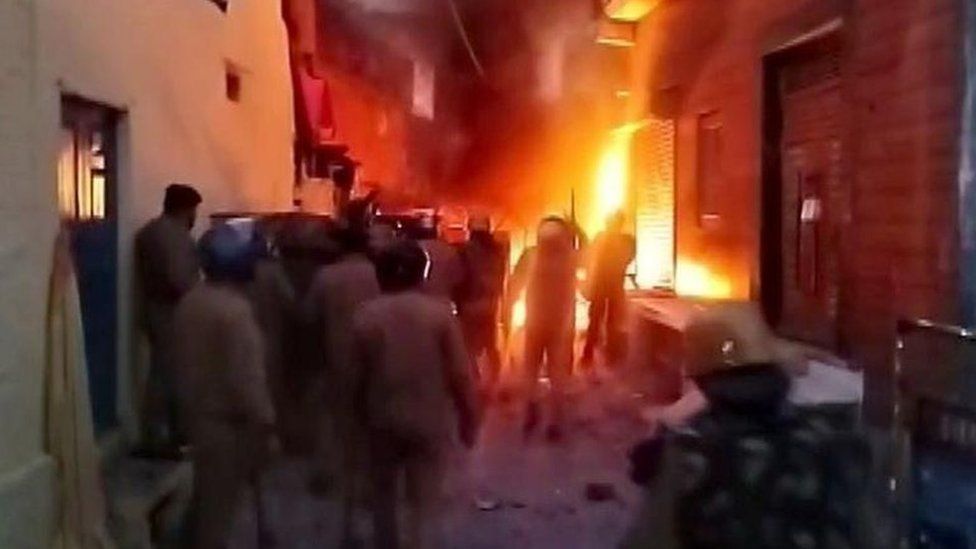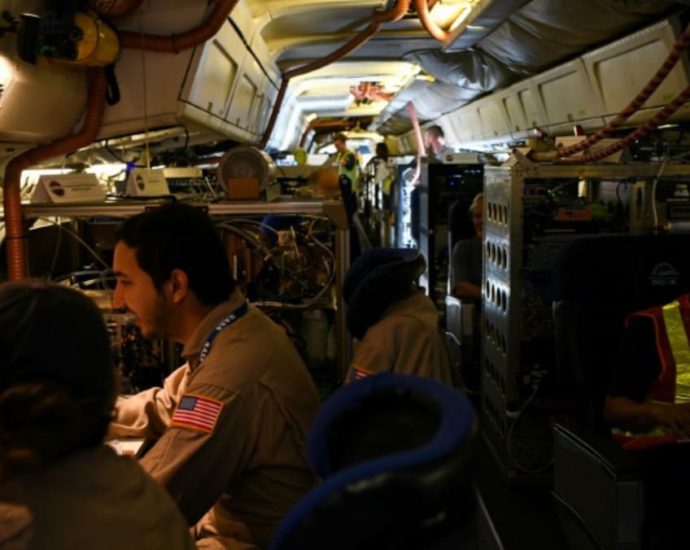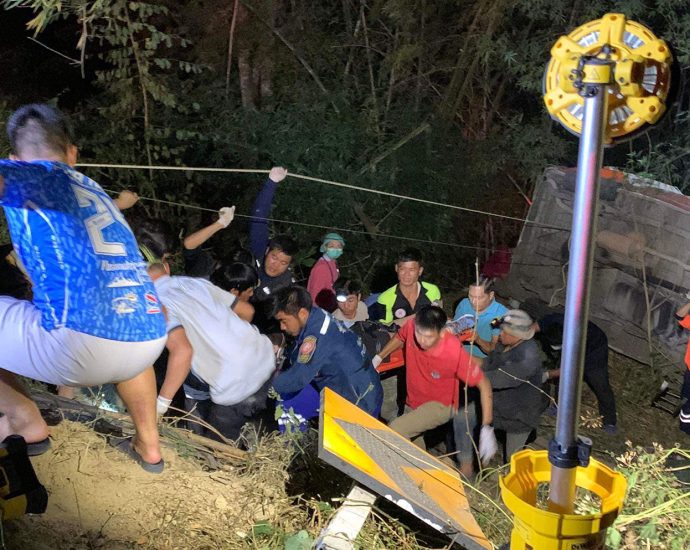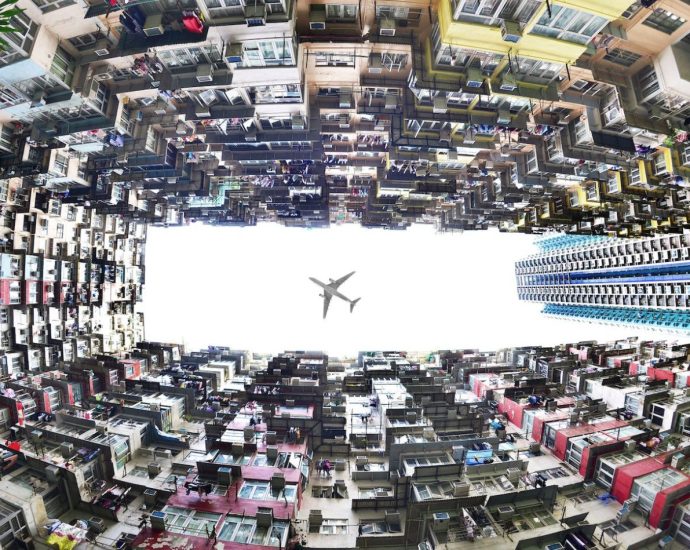Russian drug suspect caught after 10 years on the run
PUBLISHED : 9 Feb 2024 at 15:52

A Russian man wanted in his home country for drug offences has been arrested in Bang Lamung district of Chon Buri after about 10 years on the run.
Immigration police arrested Mikhail Tolokonnikov, 33, at a house in tambon Nong Preu of Bang Lamung on Wednesday. He was charged with overstaying his visa for about 10 years.
Mr Tolokonnikov was wanted in his home country for drug offences and Interpol had issued a red notice for his arrest, Pol Maj Gen Phanthana Nuchanart, deputy commissioner of the Immigration Bureau, said on Friday.
The arrest came after immigration investigators in Chon Buri had received information from a volunteer in October last year that there was a Russian man acting suspiciously in this eastern province. This prompted the officers to investigate.
An in-depth investigation showed that the man’s visa had expired, and he frequently changed residences between Phuket and Chon Buri provinces.
The investigation team then tracked him down to his hideout in Bang Lamung.
The suspect was handed over to investigators at Pattaya police station in Chon Buri for legal proceedings. He would be sent to Russia to stand trial for his drug offences, said Pol Maj Gen Phanthana.

Pol Maj Gen Phanthana Nuchanart, deputy commissioner of the Immigration Bureau, announces the arrest of the Russian drug suspect during a media briefing on Friday. (Photo supplied/Wassayos Ngamkham)

